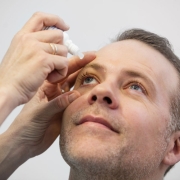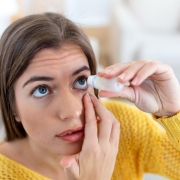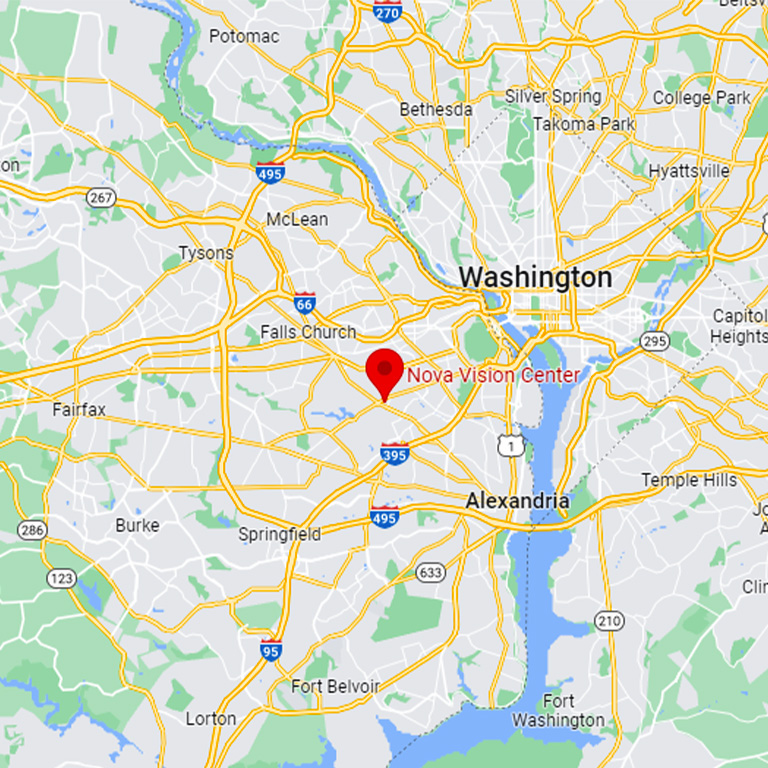Why You Shouldn’t Ignore Dry Eyes
Do you find yourself rubbing your eyes a lot or blinking to try to get the “juices flowing” in your eyes. Yo might think it’s normal to have dry eyes, but it’s really not. Chronically dry eyes in Falls Church, VA can lead to a lot of discomfort and even long-term eye health issues. Dry eye syndrome isn’t just a figment of your imagination, and it needs to be treated. Here’s why it’s essential not to ignore dry eyes.
The Risks of Untreated Dry Eyes
A huge nuisance in life is created when dry eyes go untreated. The unavailability of adequate moisture most often leads to inflammation, redness and a gritty sensation that feels like someone kicked sand in your face at the beach. Over time, severe dryness can damage the eye’s surface, potentially leading to corneal abrasions and, in extreme cases, impaired vision. This can be avoided with treatment.
Impact on Daily Comfort and Vision
Reading, working on a computer or driving, especially at night, are made much more challenging when you’re contending with dry eye syndrome. Symptoms like blurred vision, eye fatigue, and a burning sensation can significantly affect your quality of life, making it challenging not to be miserable during the day when your eyesight is needed, which, let’s face it, is most of the day.
Increased Risk of Infection
Sans adequate moisture—aka tears—your eyes are more susceptible to enemy bacteria, not unlike a castle that’s left its moat bridge down overnight. Persistent dryness can weaken your natural defenses, increasing the risk of eye infections that could require medical intervention.
By addressing the problem early, you can prevent further complications and enjoy clearer, more comfortable vision. Prioritizing eye health with proper treatment will support your eyes’ long-term wellness and functionality. Contact your Falls Church, VA optometrist at Nova Vision Center today for an eye exam and treatment options for dry eye syndrome.







